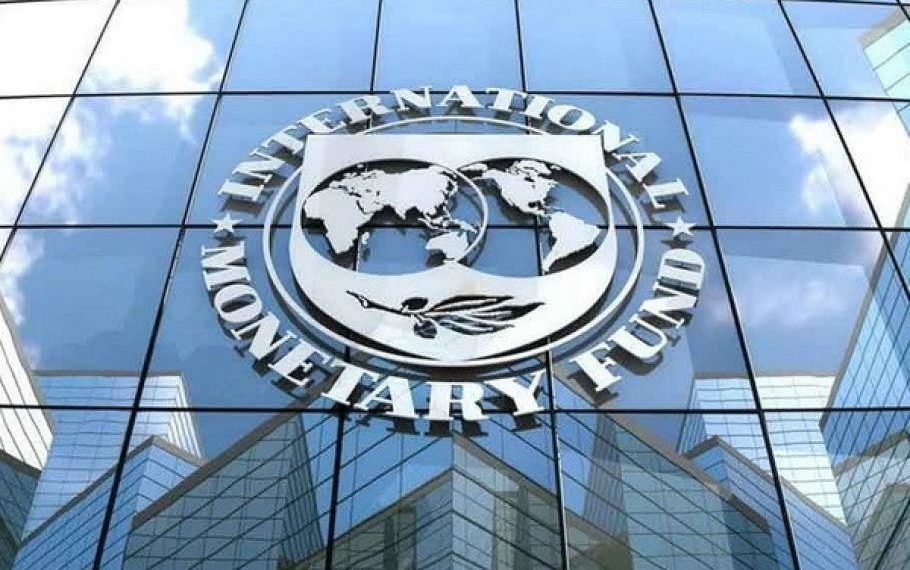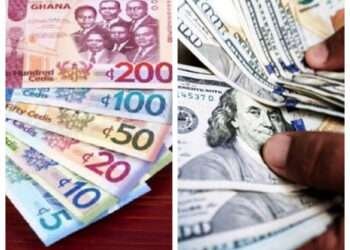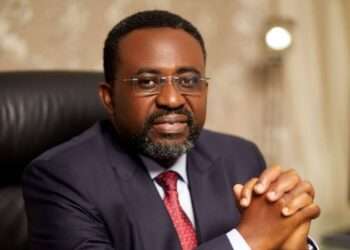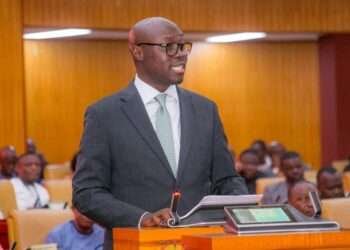The IMF has revealed in a recent report that, it has disbursed a whopping US$165 billion in lending to 83 countries with US$ 16.1 billion to 49 low-income countries and debt service relief to an additional 29 economies.
It said this, as part of efforts to “assist countries hit by crisis by providing them with financial support to create breathing room as they implement adjustment policies to restore economic stability and growth,” the report says.
“It also provides precautionary financing to help prevent and insure against crisis.”
According to the report, financial assistance of US$1,345 million was disbursed to Asia and Pacific, US$4,419 million to Europe, US$14, 977 million to Middle East and Central Asia, US$19,014 million to Sub-Saharan Africa and US$82, 086 million to the Western Hemisphere.
Specifically, 38 countries in Sub-Saharan Africa are beneficiaries of the IMF’s lending facility. With the credit facilities ranging from extended credit facility (ECF), extended fund facility (EFF), rapid credit facility (RCF) and rapid financing instrument (RFI).
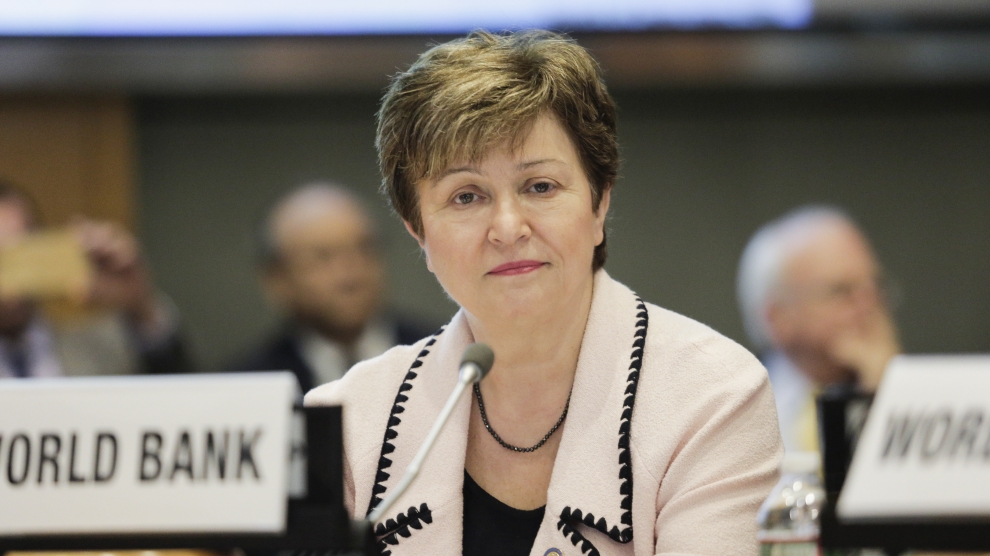
The IMF Managing Director, Kristalina Georgieva said that: “While the IMF has taken unprecedented action, the outlook remains uncertain. Countries now face a long ascent that will be difficult, uneven, uncertain, and prone setbacks.”
“With substantial space in our US$1 trillion lending capacity, the IMF is ready to help even more.”
These have become necessary as a result of the disruption in the lives of people all over the world: Economic recession, unemployment, climate change, technology and the automation of jobs, rise of digital currencies, lower returns on people’s savings and rising inequality and debt.
Aside lending to member countries, the IMF provides economic surveillance to member countries. Through surveillance, the IMF monitors the international system and global economic developments, and checks the health of economic and financial policies of its members.
This helps the IMF assess the stability risks of its member countries and the type of lending it can disburse to them- loans provided at non-concessional rates and loans provided to low-income countries on concessional terms.
According to the report, while concessional loans do not bear any interests at least for now, non-concessional loans carry interests. In addition, the Managing Director of the World Bank said that the IMF has committed US$ 100 billion to help members in need since the pandemic began.
“This includes offering low-income members with much-needed debt relief, extended until April 2021, and concessional lending including about 10 times more such lending since the crisis hit than is usually disbursed in a year,” Kristalina Georgieva, Managing Director, IMF
“The report highlights how we have continued to deepen our work on debt sustainability, governance and the control of corruption, social spending, financial technology and digital money, and climate change.”
These actions and many more undertaken have the potential of offering transformational recovery that benefits all.

